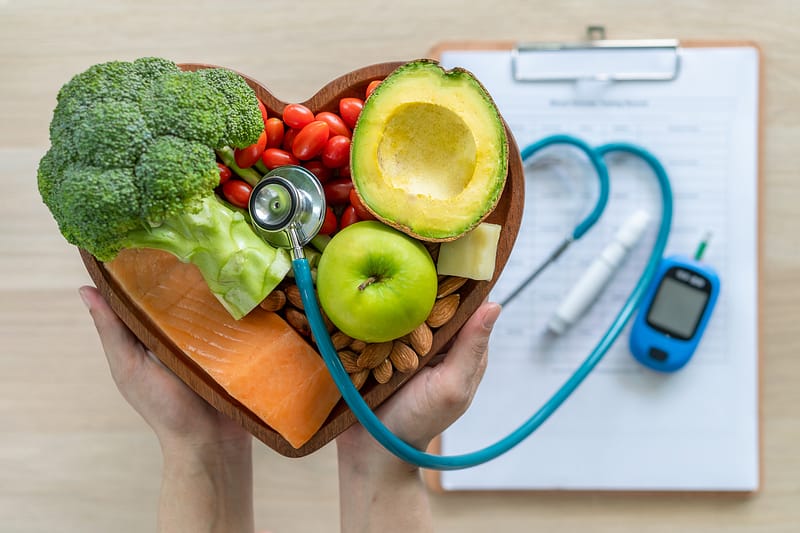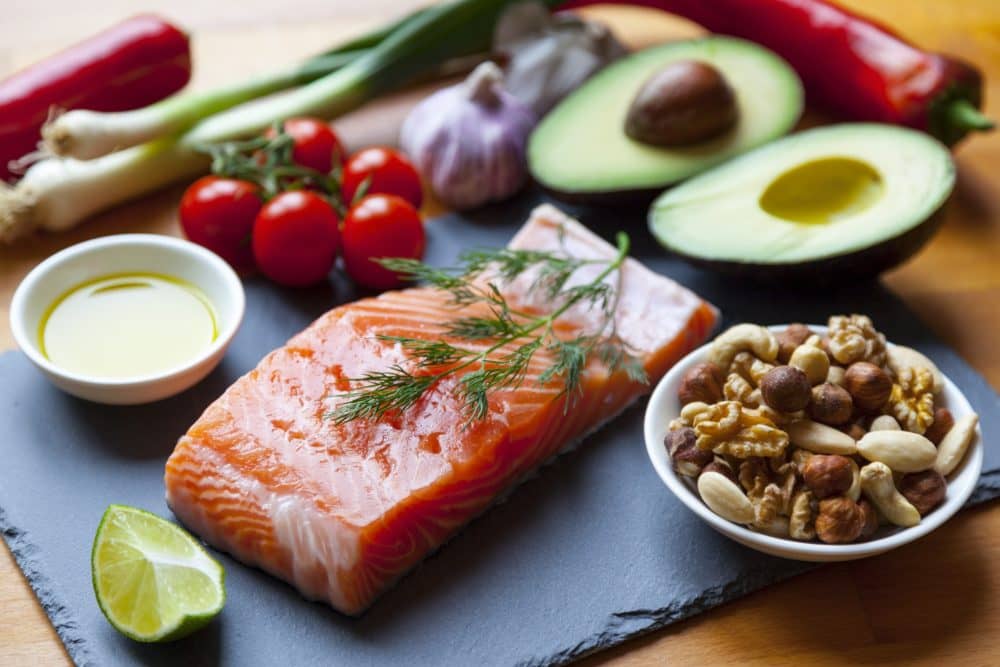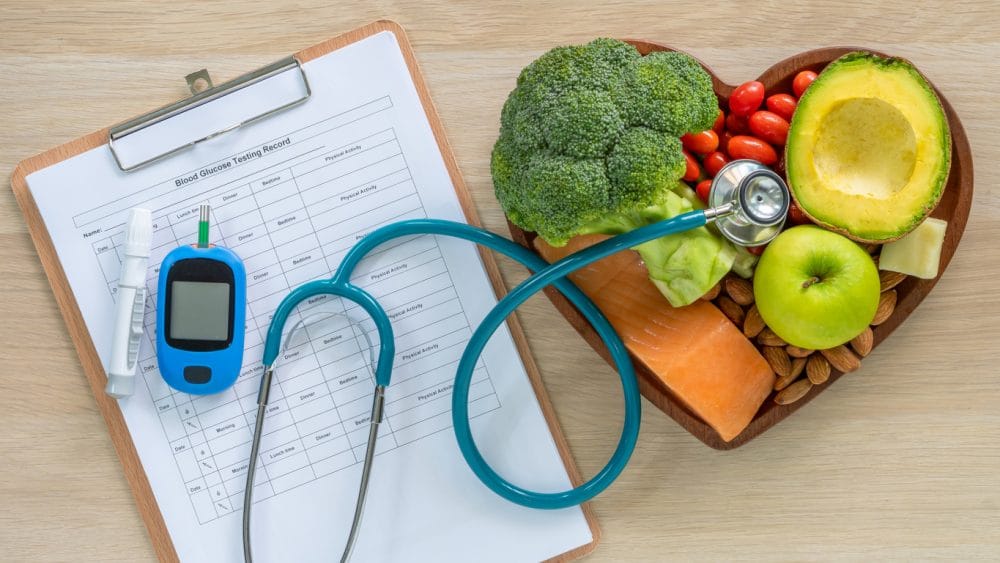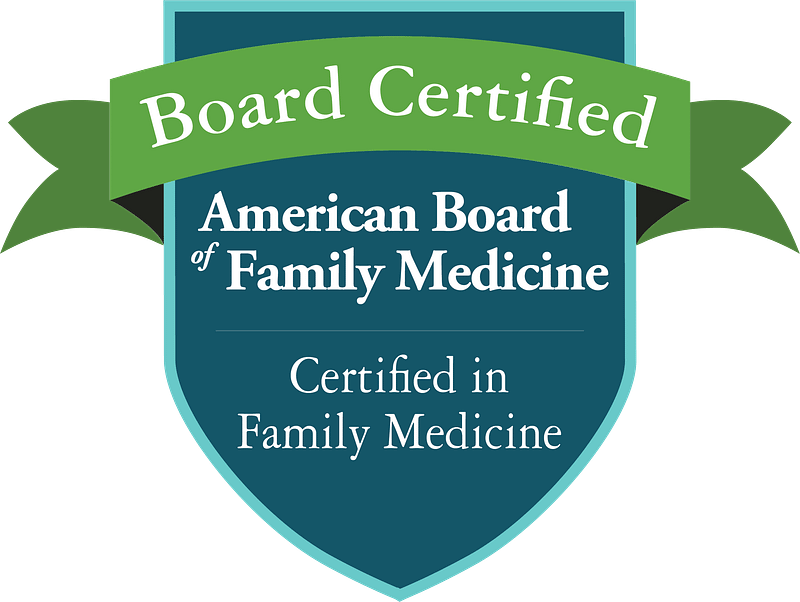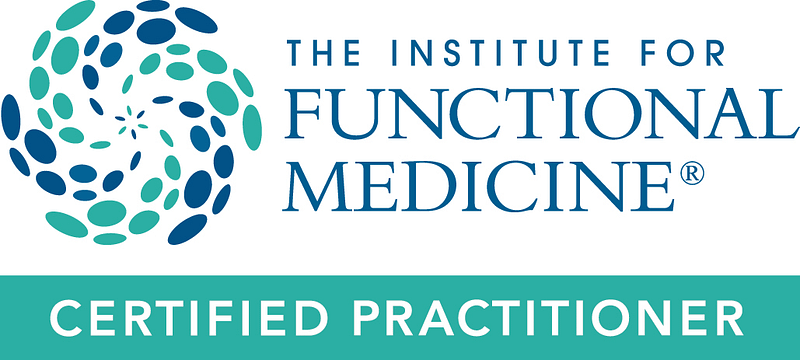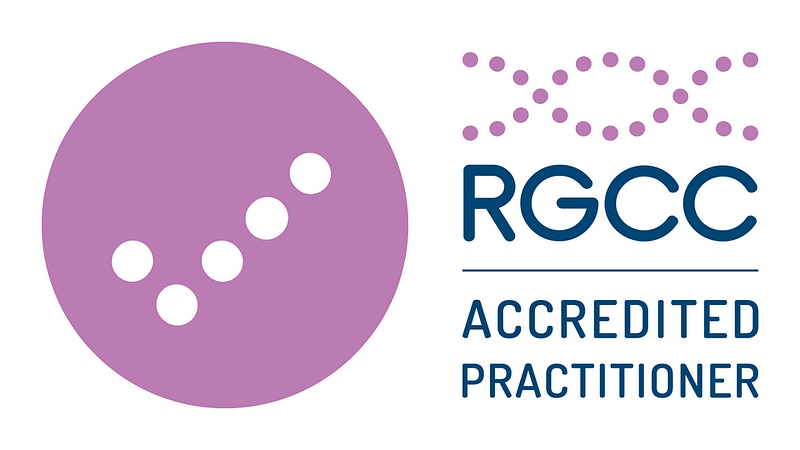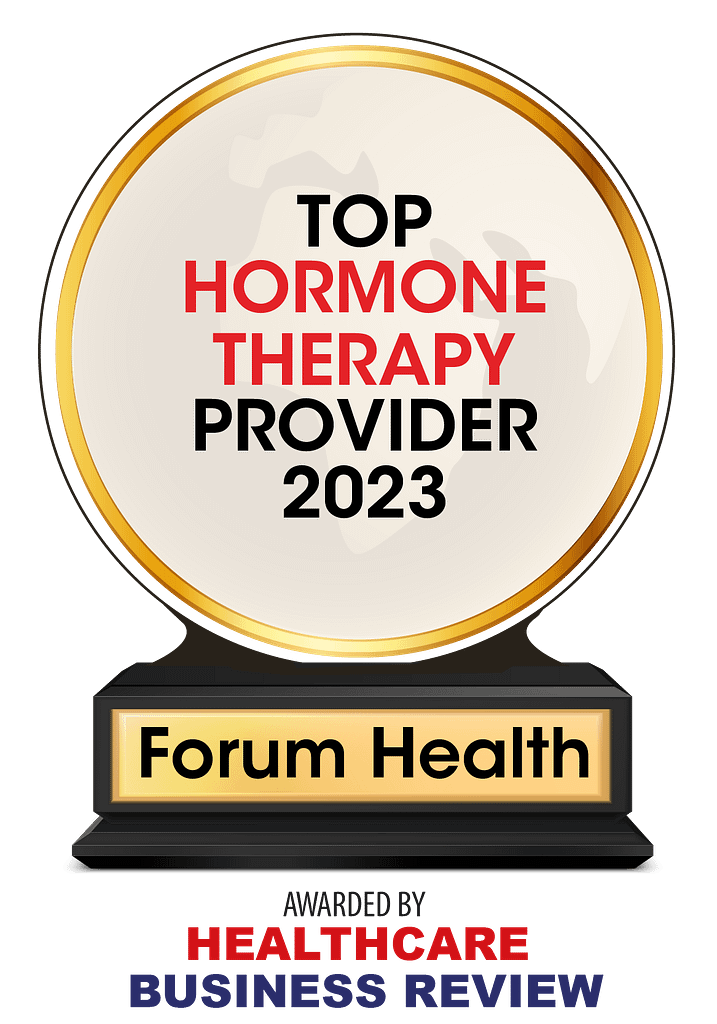Signs and symptoms of zinc deficiency include impaired senses of taste and smell, skin problems, recurrent or chronic infections, hair loss, cracks at the corner of the mouth, hangnails, vertical ridges in fingernails, inflamed cuticles, chronic diarrhea, fatigue, low sperm counts, and delayed sexual maturity in addition to neurological symptoms.
Because zinc is required for normal cell division, signs of zinc deficiency can start early in life, resulting in impaired fetal growth and abnormalities. Later in life, zinc-deficient children can develop retarded physical and mental development.
Zinc is important to immune system function and protein synthesis, hence its use in treating skin and mucus membrane infections and wounds.
Because semen is especially rich in zinc, boys entering puberty and sexually active men require more zinc than the rest of the population. Over seventy enzymes in the body are dependent on zinc. Zinc also has antioxidant properties in the body.
Zinc aids in the detoxification of lead and cadmium, and protects from mercury toxicity by supporting the production of the protective antioxidant glutathione.
Zinc is found in meats, seafood, dairy products, beans, yeast, nuts, seeds (especially pumpkin seeds), and cereals. Vegetarians are at increased risk for zinc deficiency when compared to those who eat meat. The need for zinc may be increased in areas with high copper content in their drinking water. Long term zinc supplementation requires physician monitoring.


